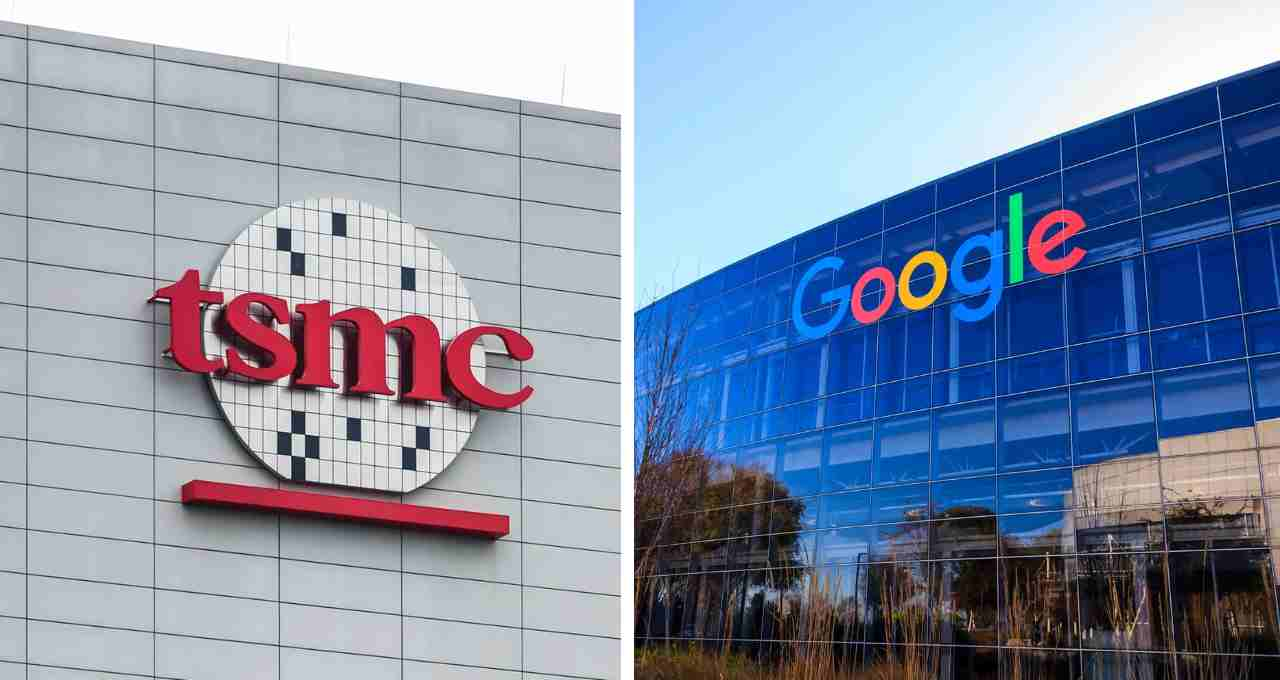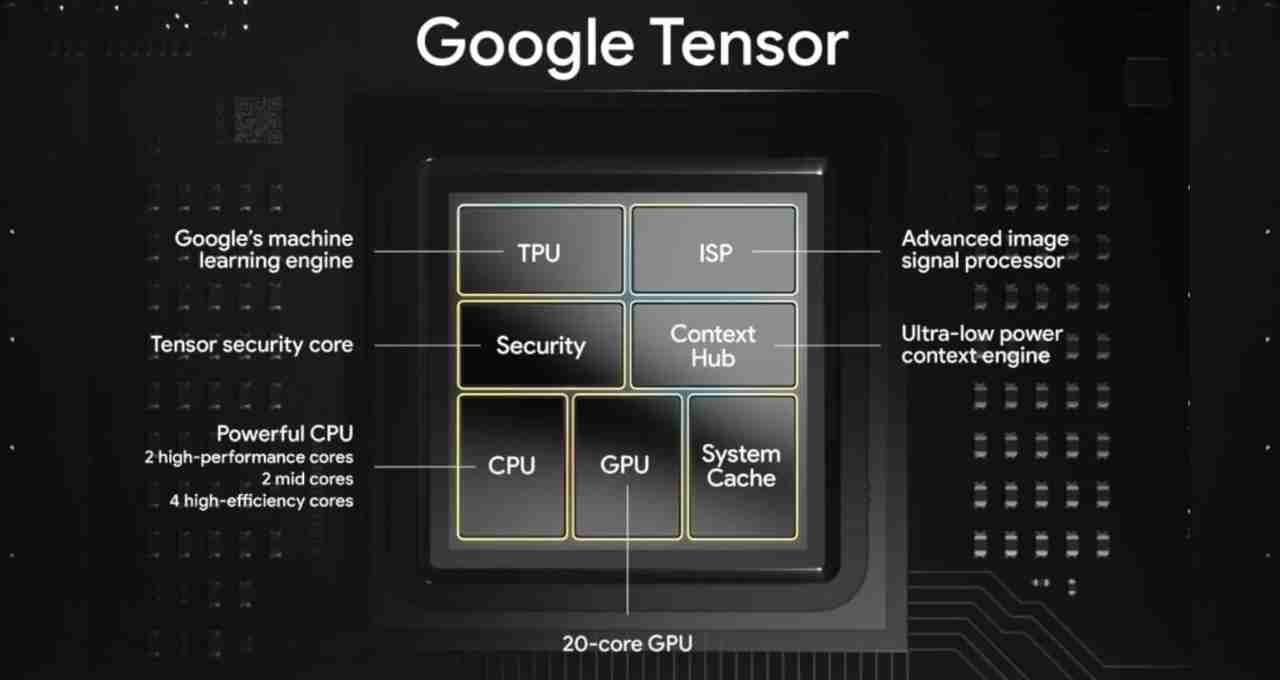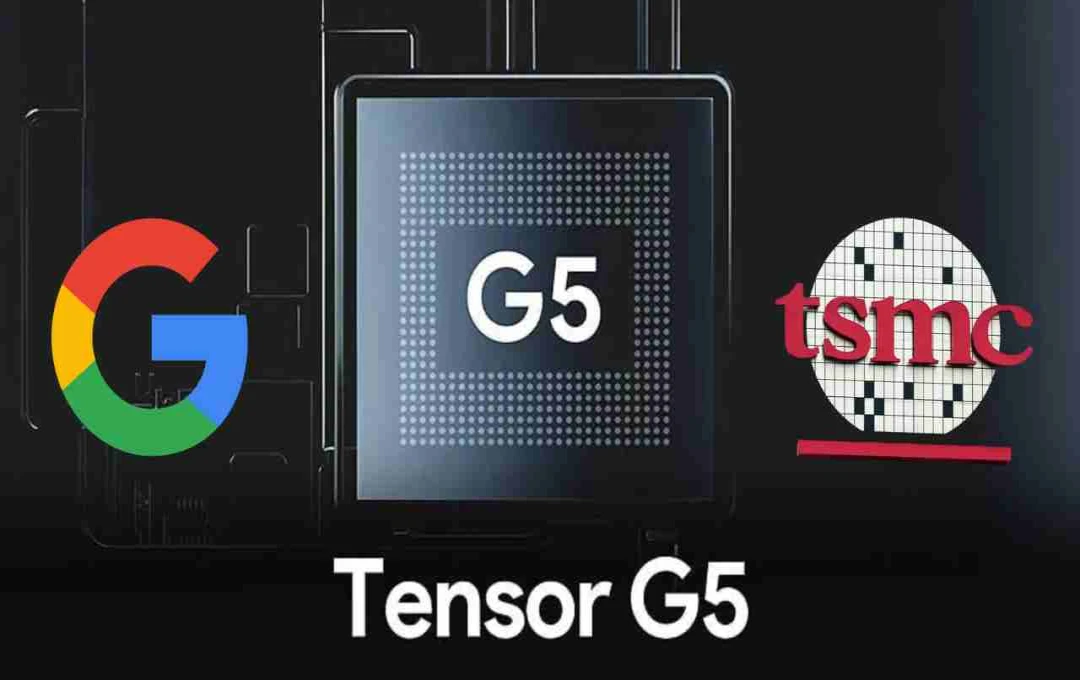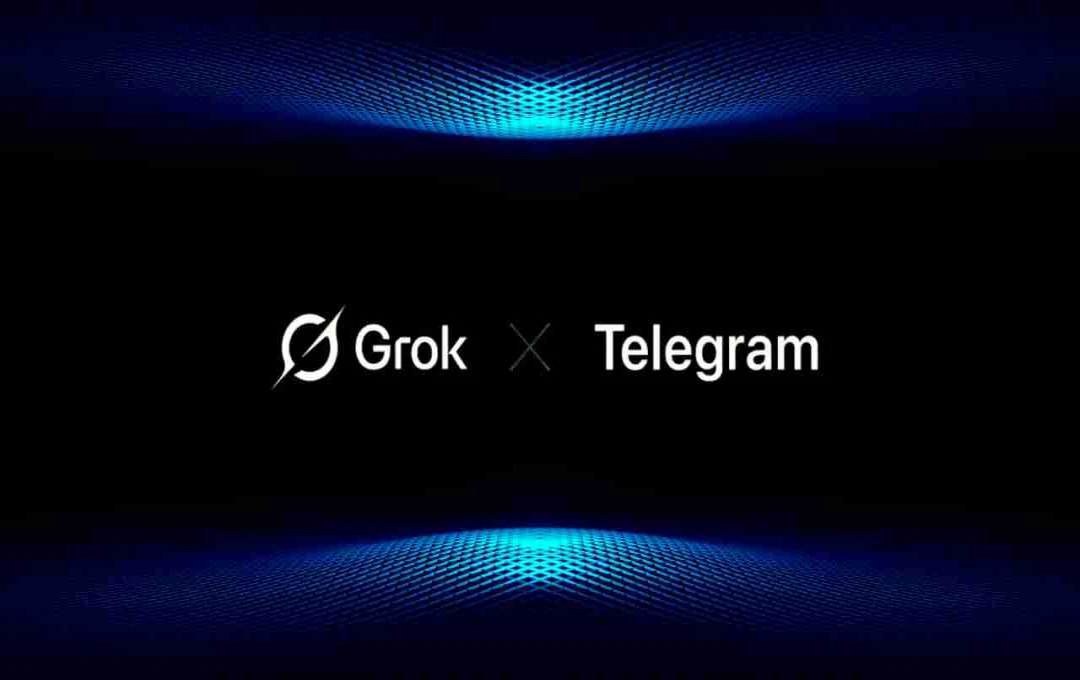The tech world is witnessing a significant shift as Google ends its partnership with Samsung for its renowned Pixel smartphones. Google has subsequently signed a long-term chip manufacturing deal with Taiwan Semiconductor Manufacturing Company (TSMC).
Technology: Google has terminated its partnership with Samsung for its Pixel smartphones. The company will now utilize a new company to manufacture Tensor processors for its upcoming Pixel smartphones and tablets, replacing Samsung. Samsung had manufactured four generations of Tensor G-series processors, having been involved in Pixel smartphone processor production since 2020.
Google first used Samsung's Tensor G1 processor in the Pixel 6 series, and subsequently, all Pixel devices up to the Pixel 9 series utilized Samsung's Tensor G-series processors. This practice has now ended, and Google will move forward with new Tensor processors.
A Major Shift from Samsung to TSMC
Since 2020, Google collaborated with Samsung to produce Tensor G processors for its Pixel smartphones. The Pixel 6 series marked the first use of Samsung's Tensor G1 chip, and Samsung-manufactured Tensor chips were used in all Pixel phones until the Pixel 9 series. However, Google has now dissolved this partnership and established a new agreement with TSMC.
This agreement with TSMC extends until 2029, encompassing a 3- to 5-year processor manufacturing contract, with the possibility of future extensions. This move signifies a crucial alteration in Google's technological strategy.

TSMC's 3nm Chip Debuts in the Pixel 10 Series
All models in Google's upcoming Pixel 10 series—Pixel 10, Pixel 10 Pro, Pixel 10 Pro XL, and Pixel 10 Pro Fold—will utilize the Tensor G5 processor, based on TSMC's 3nm processing technology. This chip will not only enhance performance but also improve battery efficiency and cooling technology. The Pixel 10a is also expected to utilize this processor, incorporating the new technology across Google's entire Pixel lineup.
What's New in the Tensor G5 Processor?
The Tensor G5 chip boasts numerous technological advancements, surpassing previous models. It includes an Always-on Compute (AoC) audio processor, contributing to enhanced voice recognition and reduced power consumption. Hardware upgrades such as the TPU (Tensor Processing Unit) chip, improved IC design, and a liquid cooling system are also incorporated.
These new technologies will make Pixel phones faster, more capable, and energy-efficient. Furthermore, TSMC's 3nm processing nanometer technology results in a smaller chip size and improved performance, enabling Google to better compete with other major brands like Apple.
TSMC's Global Influence
TSMC is a leading global chip manufacturer, producing chips for premium smartphones from numerous major brands, including Apple's iPhone. Google has signed a long-term chip manufacturing deal with the Taiwanese semiconductor company TSMC (Taiwan Semiconductor Manufacturing Company).
Google's alliance with TSMC, abandoning Samsung, indicates the company's focus on more advanced, reliable, and modern technology chips. TSMC's cutting-edge fabrication capabilities and highly efficient production system could prove advantageous for Google. This could also grant Google greater technological independence, enabling further improvements to its Tensor processors.

A Significant Setback for Samsung
This represents a significant setback for Samsung, which had manufactured the Tensor G-series chips for Pixel smartphones for the past four years. This strategic shift by Google could impact Samsung's chip manufacturing division. While Samsung maintains its technological standing and market share in other areas, the termination of this partnership with Google will undoubtedly be considered a substantial loss.
Changes in Google's Technology Strategy
Google's recent visit to TSMC clearly indicates its seriousness regarding Tensor processor production. This move reflects Google's strategy to reduce its technological dependencies and adopt more advanced technologies. This will give Google greater control over its smartphone hardware development, making its products more competitive. It will also empower Google to directly compete with giants like Apple, Samsung, and Qualcomm.














